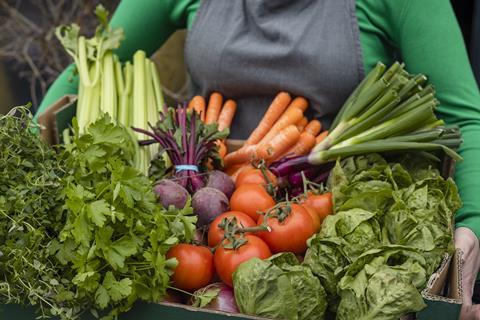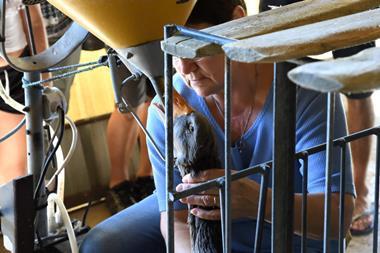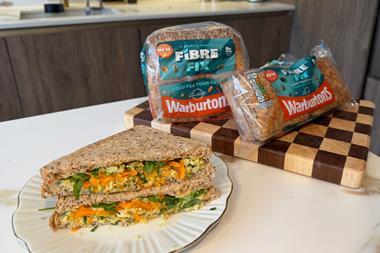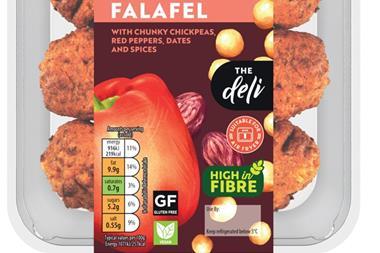
As a free-range egg farmer, I love a good chicken and egg analogy. What came first – poor nutrition or cheap food? And how does one affect the other?
Last month, as chair of the Farm Retail Association, I attended the Goodwood Health Summit at Goodwood House in Sussex. The event aimed to create debate around the growing cost of poor nutrition in the UK, and how to drive a fundamental shift in our food system.
Experts talked about the impact of ultra-processed foods on our diet, mental health and long-term health. Ultra-processed foods often contain high levels of added sugar, fat, and/or salt, but lack vitamins and fibre. In the UK, they account for 63% of daily energy intake, and higher than that in children.
The solution to this problem is eating more real food. We should be consuming more food in its raw form, or food made with fewer ingredients and fewer preservatives.
To do this, we need to get real food to the mass market. Supermarkets and big food companies have an incentive to sell and market ultra-processed foods, as these products are efficiently made in factories and have high margins.
Sitting in the audience of the health summit, I wondered if farm shops were the answer. Our shelves are full of real food: fresh local produce, real sourdough bread, home baking made with simple ingredients, local staple products made with love and care.
But farm shops are a niche shopping experience, unable to compete with supermarkets on price. In the midst of a cost of living crisis, telling everyone to shop at farm shops is not the answer.
What about farmers’ markets? Without the overheads of farm shops, they stand a chance at getting real, local food to the masses. If quality farmers’ markets spring up in town centres, particularly in deprived areas, could they be a way to improve people’s diets and health in the long term?
Yes – but with caveats. The farmers’ markets would have to be ‘real’ markets, run by local people, selling local produce. They would have to be good value and in the right locations. And there would need to be better education for people around the dangers of ultra-processed foods and around cooking and eating real food. The marketing and availability of ultra-processed foods would also need to be limited.
Events like the Goodwood Health Summit are brilliant for highlighting these issues, but what is needed is a shift in government policy – a look beyond the short-term profits for big food companies and supermarkets to a longer-term view of the health of our country.
As Farm Retail Association chair I will do everything I can to communicate these issues and lobby government for change. And I’m sure there were many others in the audience at Goodwood who felt equally charged to drive change.



















No comments yet